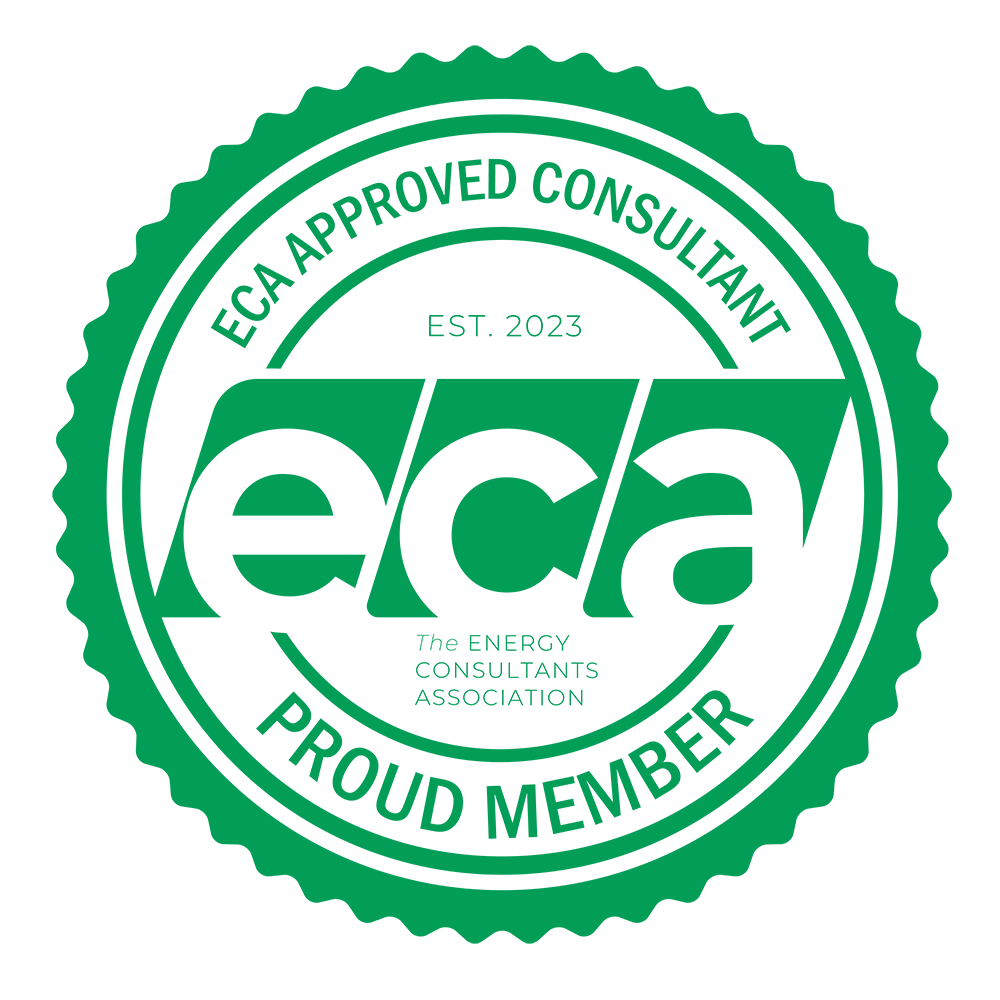Energy Exemptions
Climate Change Levy (CCL) Exemptions
What is CCL?
CCL stands for Climate Change Levy, an environmental tax charged on energy (including electricity and gas) used by businesses in the UK. The Climate Change Levy on energy was created in the UK in April 2001, following the UK Government’s Finance Act 2000. The levy was seen as a way of helping reduce greenhouse gas emissions and combat climate change. It encourages businesses to reduce energy consumption so that they can operate in a more efficient and environmentally friendly way. The tax was originally used to fund green initiatives, but since 2010 no longer directly funds initiatives to mitigate climate change.
Who can be exempt from CCL?
The UK Government lists several exemptions from the costs of the Climate Change Levy (CCL). The key exemptions are:
- For businesses that hold a Climate Change Agreement (CCA)
- For the use of energy in Metallurgical and Mineralogical processes
What is a CCA?
Climate Change Agreements (CCAs) are voluntary agreements between eligible UK businesses in energy-intensive industries and the Environment Agency. Businesses with CCAs receive financial relief on the Climate Change Levy, as long as monitoring provides evidence that they achieve energy and carbon efficiency targets. From April 2024, holders of a CCA are entitled to relief of 92% of the current 0.775 p/kWh CCL charge for electricity supplies and 89% of the 0.775p/kWh CCL charge for gas supplies.
Whilst applications for new CCAs are currently closed, the response from the recent UK Government consultation into the scheme confirmed the Government’s commitment for a further 6 years. This would see new entrants allowed to apply from May - August 2025 for entry into the scheme from Jan 2026 – March 2033.
Metallurgical and Mineralogical Processes Exemption
Supplies of gas and electricity that are used in qualifying metallurgical and mineralogical processes can apply for full exemption from CCL charges. A full list of exempt processes is listed by the government here.
Energy Intensive Industry (EII) Scheme
The UK Government supports high energy usage businesses with their electricity costs through the Energy Intensive Industries (EII) exemption scheme.
What savings can be made for qualifying companies?
Businesses’ electricity bills include a number of taxes that fund energy schemes, which help pay for the UK Government’s Net Zero Strategy for decarbonising the UK economy by 2050. These schemes are:
- Contracts for Difference (CfD)
- Renewables Obligation (RO)
- Feed-in Tariffs (FIT)
- GB Capacity Market (CM) from October 24
- Network Charging Compensation (NCC) from April 25
These taxes put UK businesses at a competitive disadvantage internationally, so there is a risk that these firms could move production abroad to countries with lower emission curbs. This is known as ‘carbon leakage’ and would defeat the point of trying to cut global greenhouse gas emissions. To lower the risk of carbon leakage, the UK Government created the Energy Intensive Industries (EII) exemption in 2016. The EII scheme mitigates the impact of renewables policies, thus allowing businesses to stay competitive internationally.
From April 2024 qualifying companies can be exempt from 100% of these costs. This will equate to an estimated saving of £7.50/MWh for CfD, £34.25/MWh for RO, £8.67/MWh for FIT, £5.59/MWh for CM and £15/MWh for NCC.
What is an Energy Intensive Industry?
The UK Government defines an Energy Intensive Industry as “industrial sectors, usually manufacturing industries, that are high users of energy”. Energy Intensive Industries have a high proportion of fuel energy costs over other costs, such as labour, as part of their overall production costs.
Who can apply?
There are five key requirements in determining whether a business can qualify for the EII Exemption scheme.
- The business must manufacture a product in the UK within an eligible sector (defined by a 4-digit NACE Code) – the “sector level test”. The full list is located here.
- The business must pass a 20% electricity intensity test – the “business level test”.
- The business must not be an Ailing or Insolvent Economic Actor (AIEA)
- The business must have at least two quarters of financial data.
- The application must contain evidence of the proportion of electricity used to manufacture the product for a period of at least three months.
See how much you could save
Short on in-house energy expertise, or struggling to make sense of a complex, rapidly changing energy marketplace?
Hand the burden of energy management to the experts. Whether it’s procurement, energy generation, or your journey to net zero, we build the strategy so you can build your business - knowing every decision is working as hard as you do.

